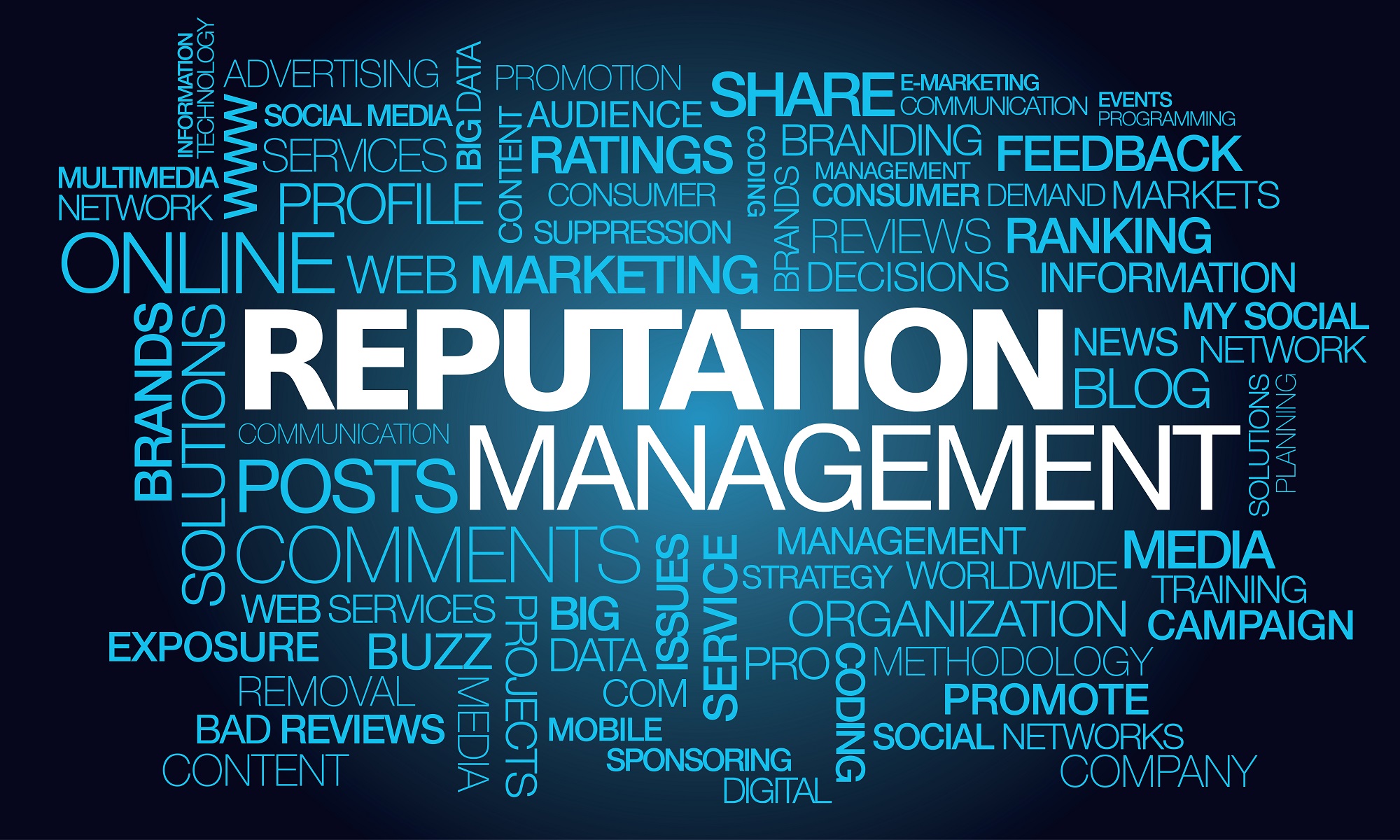In an age where digital marketing tactics are evolving at breakneck speed, it’s easy to overlook the simplicity and effectiveness of email marketing. For cleaning companies, however, this classic tool remains one of the most potent weapons in their marketing arsenal. With its ability to reach a targeted audience, foster customer relationships, and drive conversions, email marketing continues to prove its worth as a cost-effective and results-driven strategy.
Targeted Reach
Email marketing allows cleaning companies to tailor their messages to specific audiences based on factors such as location, demographics, and past interactions. By segmenting their email lists, companies can send personalized content that resonates with recipients, increasing the likelihood of engagement and conversion. For instance, a cleaning company can send targeted promotions for residential services to homeowners in a particular neighborhood or offer specialized cleaning packages for businesses in specific industries.
Building Customer Relationships
Effective marketing is not just about attracting new customers but also about nurturing existing relationships. Email marketing enables cleaning companies to stay connected with their customers on a regular basis, providing valuable tips, updates, and exclusive offers. By delivering relevant and timely content, companies can position themselves as trusted advisors in the eyes of their audience, fostering loyalty and repeat business. Additionally, email allows for two-way communication, giving customers a platform to provide feedback, ask questions, or request services, further strengthening the bond between the company and its clientele.
Driving Conversions
At its core, marketing is about driving action, whether it’s scheduling a service, making a purchase, or signing up for a newsletter. Email marketing excels in this regard by providing a direct line of communication to potential customers. With compelling calls-to-action and enticing offers, cleaning companies can prompt recipients to take the desired action, whether it’s booking a cleaning appointment, requesting a quote, or following the company on social media. Moreover, email marketing allows for tracking and analysis, enabling companies to measure the effectiveness of their campaigns and make data-driven adjustments to optimize conversion rates.
Cost-Effectiveness
Compared to traditional forms of advertising such as print ads or direct mailers, email marketing offers a highly cost-effective solution for cleaning companies, especially those operating on a tight budget. With minimal overhead costs and the ability to reach a large audience at a fraction of the price, email campaigns deliver an impressive return on investment (ROI). Additionally, email marketing platforms provide valuable tools and analytics that empower companies to create, send, and track campaigns with ease, eliminating the need for expensive marketing agencies or specialized expertise.
Adaptability and Scalability
One of the greatest strengths of email marketing is its adaptability to suit the needs and goals of any cleaning company, regardless of size or scope. Whether it’s a local startup or a national franchise, email marketing can be tailored to align with the company’s branding, messaging, and objectives. Moreover, email campaigns can be easily scaled to accommodate growth, allowing companies to reach an ever-expanding audience without sacrificing efficiency or effectiveness. From automated drip campaigns to targeted promotions, the versatility of email marketing ensures that cleaning companies can stay agile and responsive in a dynamic market landscape.
Email marketing remains a cornerstone of success for cleaning companies seeking to stand out in a crowded marketplace. By taking advantage of targeted reach, relationship-building opportunities, conversion excellence, cost-effectiveness and scalability, cleaning companies can harness the full potential of email marketing to attract, retain and delight customers. Sometimes the simplest solutions are still the most powerful in an era of digital innovation.










